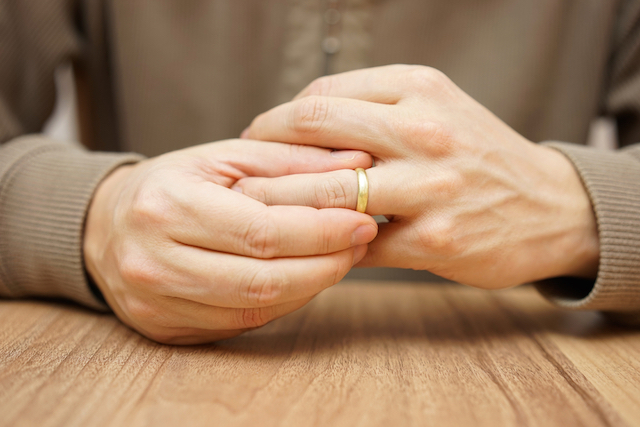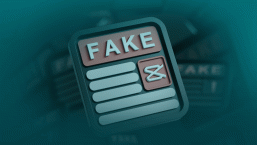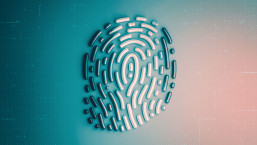With Valentine’s Day nearly upon us, millions will be looking for love online. Whether it’s Tinder, OkCupid or Match.com, the sad but true reality is that online dating is a hotbed of tricks, lies and scams. They say that love is blind, but if your eyes are open to these common warning signs, there’s a better chance your love’s labors won’t be lost.
Here's six online dating scams to look out for.
Online dating scam sign 1: “I wouldn’t ask if I didn’t love you”
Our first tip is the most important, and combines two top-level warning signs in one. First: they come on too strong, telling you that you’re their soulmate after a few hours of chatting. Secondly - and this is the part to watch out for - they ask you for money.
Thinking you’re falling in love softens your natural suspicions towards others on the web; this might sound obvious, but it works a depressing amount of the time. They tell you they need you to pay half their ticket fare to visit you, or that they sent you a present but it’s stuck in customs and could you please just pay to get it released? Sometimes they’ll wheel out a sob story from their family and ask for thousands of dollars - the average online dating fraud victim pays out over $13,000.
No matter how strong you feel your bond is, check yourself before you send money to someone you’ve never met. Suggest you pay them back in person when you meet, if you like, but if they’ve really fallen for you, they should be able to look past the money. If they lose interest as soon as you decline to pay out, they’re not really interested in you.
Online dating scam sign 2: Sorry, I can’t talk right now...
![]()
Another sign you’re not talking to the person you think you are is an unwillingness to speak on the phone. Nigerian and Eastern European fraudsters will pretend to be 20-something women from the US, Australia and Britain - a pretense they can’t keep up over the phone. Similarly, watch out for anyone who’s super-keen to get you off the site where you met and talking over email or text: most dating sites can monitor conversations for likely fraudsters - telltale signs like exchanging bank data, for example - and they don’t want their cover blown.
Online dating scam sign 3: Do you look familiar?
It’s not just the scammers and criminals who might be taking advantage of your quest for ‘the one’. Online dating is big business - in order to lure you in, dating sites have been caught creating fake, attractive profiles using celebrity photographs, stock images of models, or even photographs and personal details of real individuals who have no idea their images have been used - stolen from Facebook, usually.
A quick and easy tip: download their profile pic, then open up Google. Drag and drop the image into the search bar to search for any other uses of the picture. If it returns lots of hits from photo libraries, people with different names, or some minor actor, you’ve just rumbled a fake.
Online dating scam sign 4: He just came out of the blue
While romantic novels might be full of dashing, handsome, mysterious gentlemen who just arrive in town one day, in the current age it’s practically impossible to have no online history. If they’re savvy enough to be online dating, the chances are they’ve got at least some social media presence. If you’re Googling your potential heartthrob (admit it, we all do), and they’ve only recently joined Facebook and Twitter, your suspicions should be raised. Check the details match what they’ve told you, and see if their friends or followers look like genuine people.
Online dating scam sign 5: Is that a wedding ring?

A MSNBC study found that as many as a third of men using online dating are in fact married. Some common signs: his profile picture is hard to identify; he won’t give a landline phone number, and blocks the number when he calls; his responses are erratic and come at odd times of the day, and most of all, he’s reluctant to let you into his circle of friends or talk about his family life. If these sound familiar - beware.
Online dating scam sign 6: Tell me all about yourself...
This can be a harder one to see through, but you should be alert to the possibility of identity theft. Online dating is a natural forum to share personal information, but be careful what you’re giving away. As well as the obvious - financial information, addresses - be wary of anyone who seems overly keen to know your mother’s maiden name, favorite pet or first school: the stuff that passwords and security questions are made of. We’re not saying you have to clam up like a CIA operative: but the alarm bells should ring if you think it’s all one-way traffic. If you’re sharing with them, they need to do the same - and our previous tips should help you check that they’re not feeding you fake information.



